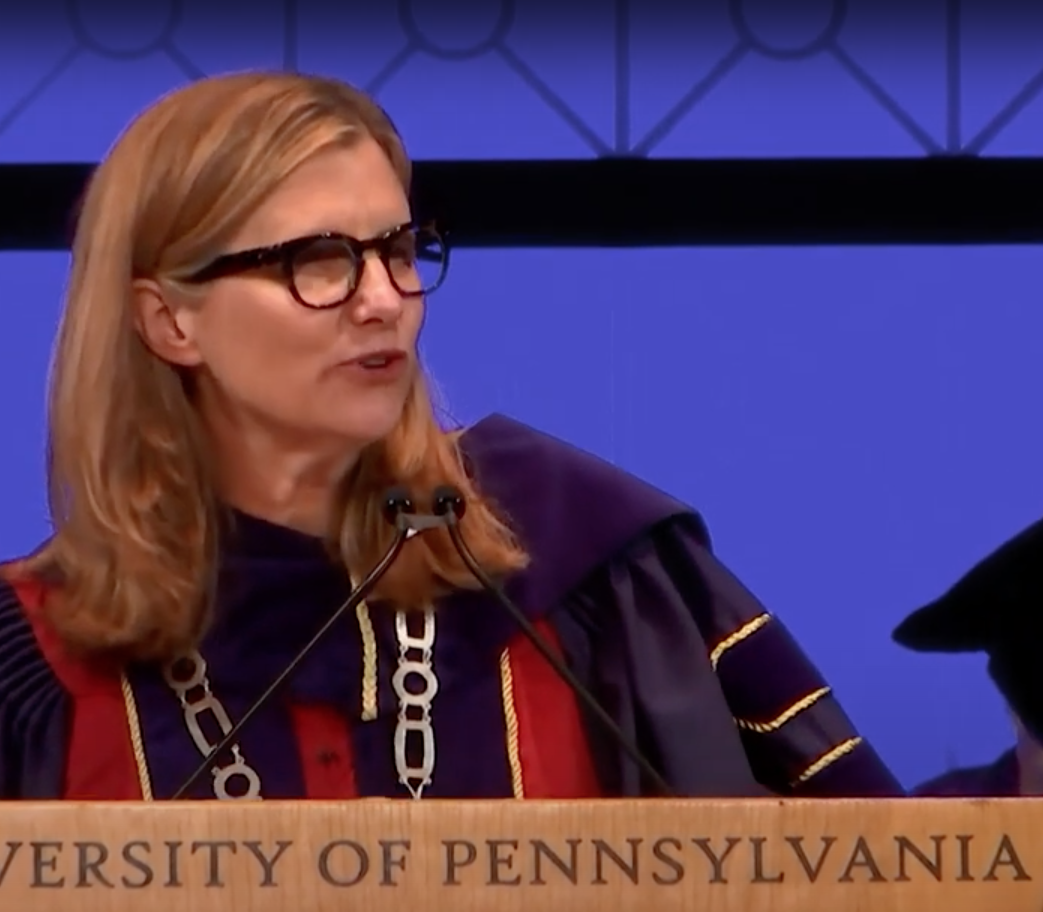No, I Don’t Write Speeches
January 25, 2024
Claiming that I am a good enough writer to be a professional speechwriter is like saying I’m a good enough driver to be an astronaut.
Because I run the Professional Speechwriters Association, people assume I must write speeches myself.
I tell them that I actually hate writing speeches so much, I founded the PSA just to get out of it.
I have had one successful speechwriting experience, in my whole life, and I wrote about it here some years ago:
My pals were meeting me at the corner tavern in 15 minutes, when my wife came to me needing help writing remarks for a memorial service two days hence. Being the editor of Vital Speeches of the Day magazine and the executive director of the Professional Speechwriters Association, I was clearly obligated to help. Being just another asshole husband, I said, “REALLY? Now?!”
The tavern is a five-minute walk. The speech needed to be about three minutes long. We had to write it in 10 minutes. That’s not a writing assignment, it’s a story problem.
Huffily, I pulled the laptop across the kitchen table, opened a new TextEdit doc—TextEdit feels like taking notes versus Composing a Draft, and frees up my frozen fingers—had Cristie sit across from me and said as if at the funeral itself, “And now we’d like Cristie Bosch to say a few words about Chloe.”
Cristie smiled, but I looked at her exactly as all the faces would be looking at her if she had indeed just been put, spontaneously, on the spot: earnestly and expectantly.
She started talking. I started typing. She opened with a naturally funny line about sharing a birthday with Chloe. A birthday, and cigarettes.
She told about the moment she first realized Chloe’s unique gift, she relayed a story that backed that up—a story specific enough to actually mention a book called The Runaway Bunny—also naturally funny. She talked about another happy chapter in her relationship with Chloe and backed that up with another story.
She had her act amazingly together, though I don’t think she knew it until that moment. I helped by shaping the phrasing just a bit, inserting a few rhetorical devices, drawing bright lines around themes and repeating some language at the end that she’d used in the beginning, for that pleasing literary echo effect.
I also suggested some turns of phrase that Cristie immediately rejected on grounds that they were too purple for her taste or gilded the lily unnecessarily. I acceded to her instincts unquestioningly, of course.
Within 10 minutes, we had a three-minute talk that, after Cristie rehearsed it a few times, deeply touched the family and educated everyone else about the real character and best spirit of a woman who was gone forever.
In this process, there were a lot of factors in our favor, not least of all 21 years of intellectual and emotional chemistry between her and the speechwriter, a common knowledge of the compelling subject in question and of the audience as well—and, always helpful, an urgent deadline.
Still, it occurred to me that at its essence, this is how the best speech collaboration is done: The speaker is pressured to say what he or she really thinks. The speechwriter writes it down verbatim, perhaps suggesting minor improvements in real time, perhaps waiting until afterward to do strategic adding and subtracting, filing and sanding.
It worked insanely well for my wife and me. It also worked for President Lyndon Johnson and his speechwriter Horace Busby, who collaborated this way to create one of Johnson’s greatest speeches.
And I arrived at the J&M Tavern just as my pals were pulling up.
As for the rest of my speechwriting experience:
I once wrote an origin-story opening to a stump speech for a politician friend. She went on to win national office, but never told me whether she used a word of it. I assume she didn’t.
Another time, I got hooked up with a guy who needed to write a eulogy for his best friend, a big car dealer in Seattle. I overcame the thought, “Goddamn, I hope my best friend doesn’t need to hire a stranger to write my eulogy!” And I listened for an hour, as the guy poured his heart out to me.
Based on all that, I wrote the speech I thought he should give. He said he didn’t like it.
I said as gently as I could, Write your own fucking speech then.
That’s basically how all my big speechwriting assignments have gone. All three of them.
This is one of the reasons this works, this relationship I have with professional speechwriters. I have a lot to teach young speechwriters, because I’ve been hanging around old speechwriters for decades. And I’ve thought a lot about what speeches are for, and how they work. But I think speechwriters sense and appreciate that I realize I can no more understand how to actually do their job day to day—how to pull off a speech from invitation to delivery, or manage a successful long-term relationship with a speaker—than if I was running the Professional Quantum Physics Society.
And claiming that I am a good enough writer to be a professional speechwriter is like saying I’m a good enough driver to be an astronaut. There are many more skills involved, that have nothing to do with writing. A vast range of tools that demand a healthy ego on one hand and a servant’s soul on the other, and a lot of deft abilities in between: to forge a subtle understanding of what speech audiences need to hear and how that intersects with what the organization needs to say … to extract salient ideas and colorful stories from an impatient and distracted principal … to build impromptu bureaucratic coalitions that will get meaningful communication approved … and often to prep that shaky principal on the day with encouragement, Kleenex and granola bars.
That one person has all of those abilities (each requiring a dozen namable sub-skills)—well, it’s my pleasure and honor to serve speechwriting savants—less in solidarity than in wonder and admiration.




